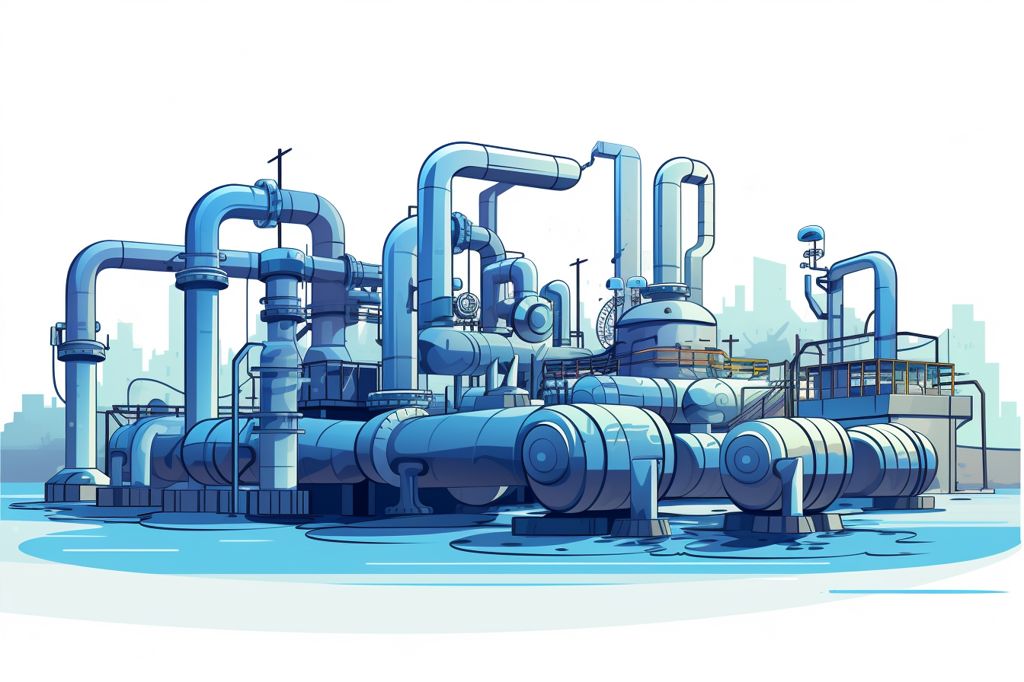Addressing the Water Challenges in Gauteng
Gauteng province, a highly populated and industrialized region in South Africa, is grappling with significant water issues. Factors such as rapid population growth, increasing water losses in distribution systems, load-shedding, and insufficient infrastructure have put immense pressure on the province’s resources. To address these concerns, Senzo Mchunu, the Minister of Water and Sanitation, convened a meeting with Rand Water, a crucial water utility, and the mayors of numerous municipalities in Gauteng to discuss strategies for managing and safeguarding the area’s water resources.
Various high-ranking officials attended the meeting, which aimed to tackle the existing water and sanitation infrastructure and develop plans to counteract the current challenges exacerbated by a recent violent storm in the province. Risimati Mathye, Deputy Director-General of Water and Sanitation Services Management, presented a comprehensive technical feedback report that emphasized the water scarcities in Gauteng, particularly in the three Metros of the City of Johannesburg, City of Tshwane, and Ekurhuleni.
Mathye attributed these scarcities to Gauteng’s expanding population, which has led to peak water demand from Rand Water’s municipal customers occasionally surpassing the available supply. He pointed out that load-shedding and a lack of proactive Operations and Maintenance contribute to the problems encountered by the municipalities.
Assessing the Current State and Future Plans
Rand Water corroborated Mathye’s report, asserting that it was continuously “pursuing the demand driven by the ever-increasing consumption.” The organization is persistently collaborating with the Metros to implement measures aimed at decreasing high consumption rates. However, a recent severe thunderstorm has affected Rand Water’s Zuikerbosch Purification System, resulting in a loss of approximately 2 million liters of water per day.
In light of these challenges, the City of Johannesburg has outlined plans to tackle pressure and reservoir management. The City of Tshwane has observed progress in non-revenue water statistics over the years due to implemented measures designed to minimize losses. The City of Ekurhuleni has now shifted its attention to rectifying metering and billing issues, but has also expressed concern over the recurring vandalism of infrastructure.
Despite these endeavors, both Ministries agreed that the municipalities lacked solid plans to address the ongoing challenges and bring stability to the system. Minister Mchunu instructed Rand Water and the Department of Water and Sanitation to convene with technical officials from all municipalities within the following week to formulate a plan. Once the plan is received, the public will be informed about the collaborative efforts being made to tackle water and sanitation problems in the province.
Collaborative Efforts for a Sustainable Future
As the Gauteng municipalities collaborate with Rand Water, they not only address immediate concerns but also plan for the future, ensuring that the area’s water resources and infrastructure are safeguarded and maintained for future generations. This partnership sets a precedent for other provinces and regions facing similar challenges, illustrating how combined efforts can lead to sustainable solutions and enhanced living conditions for all.








